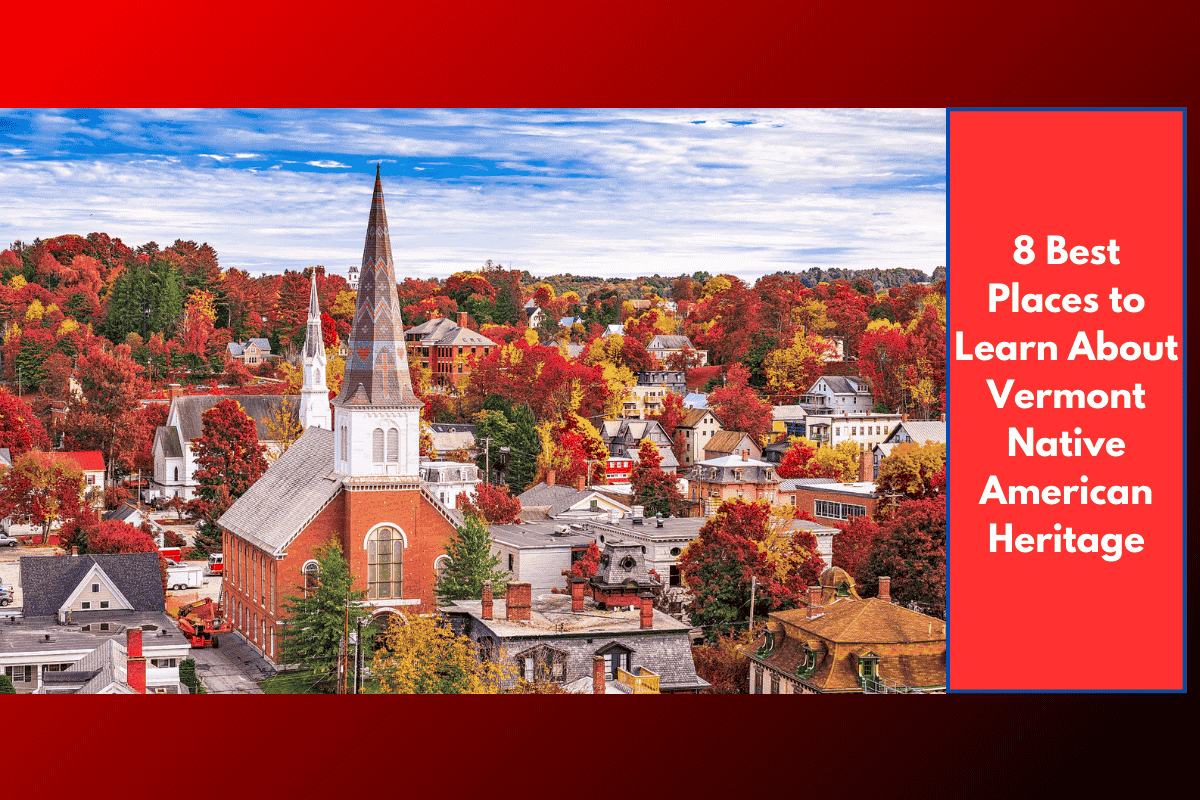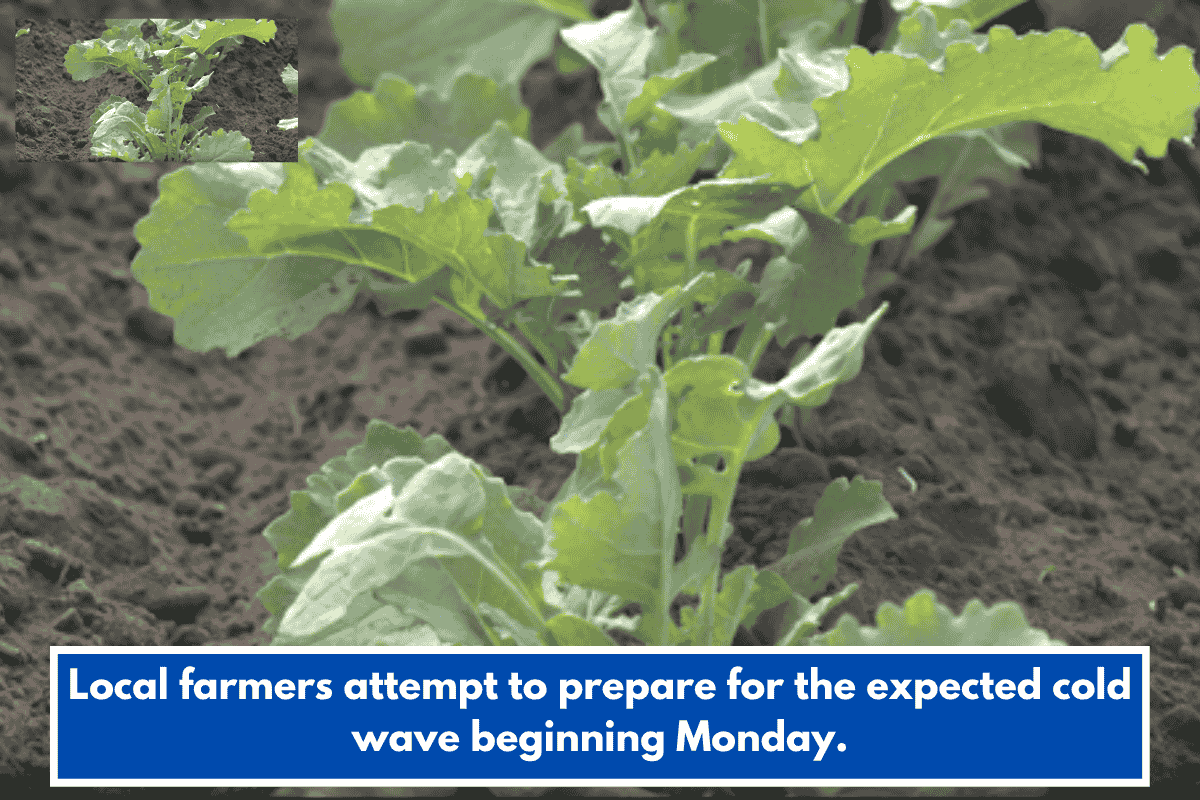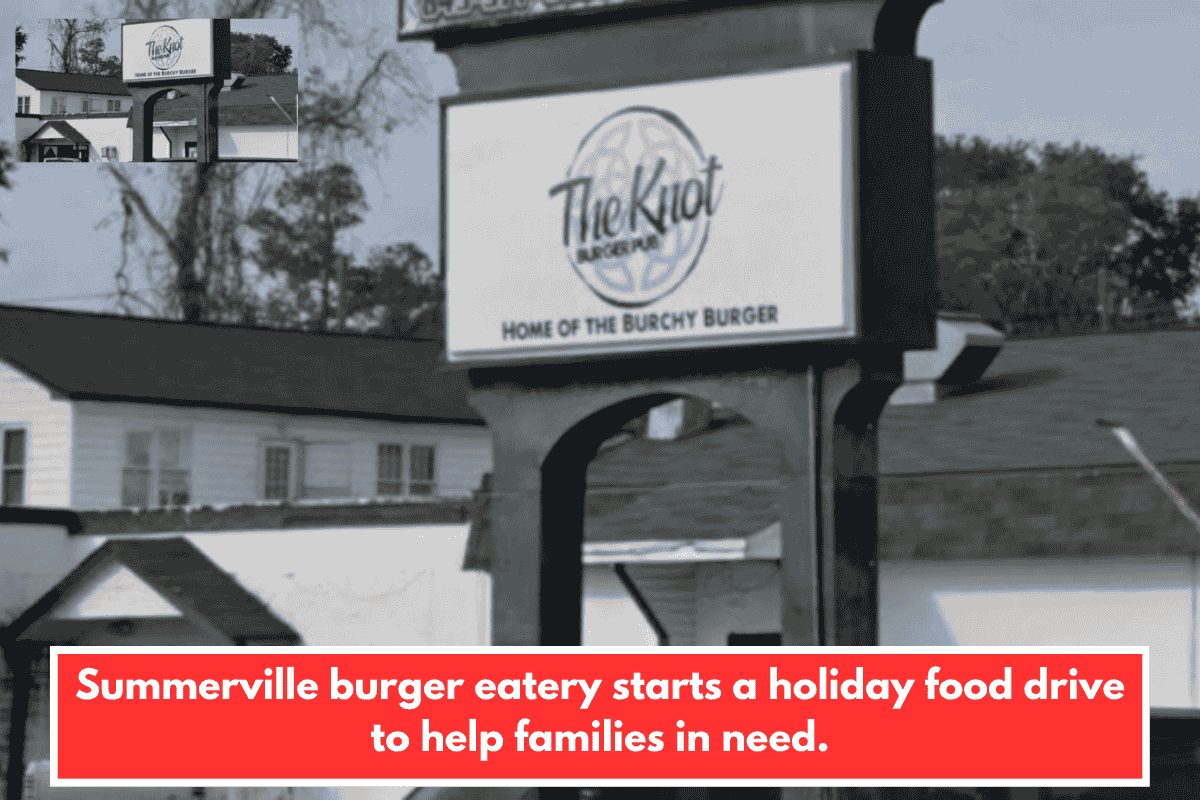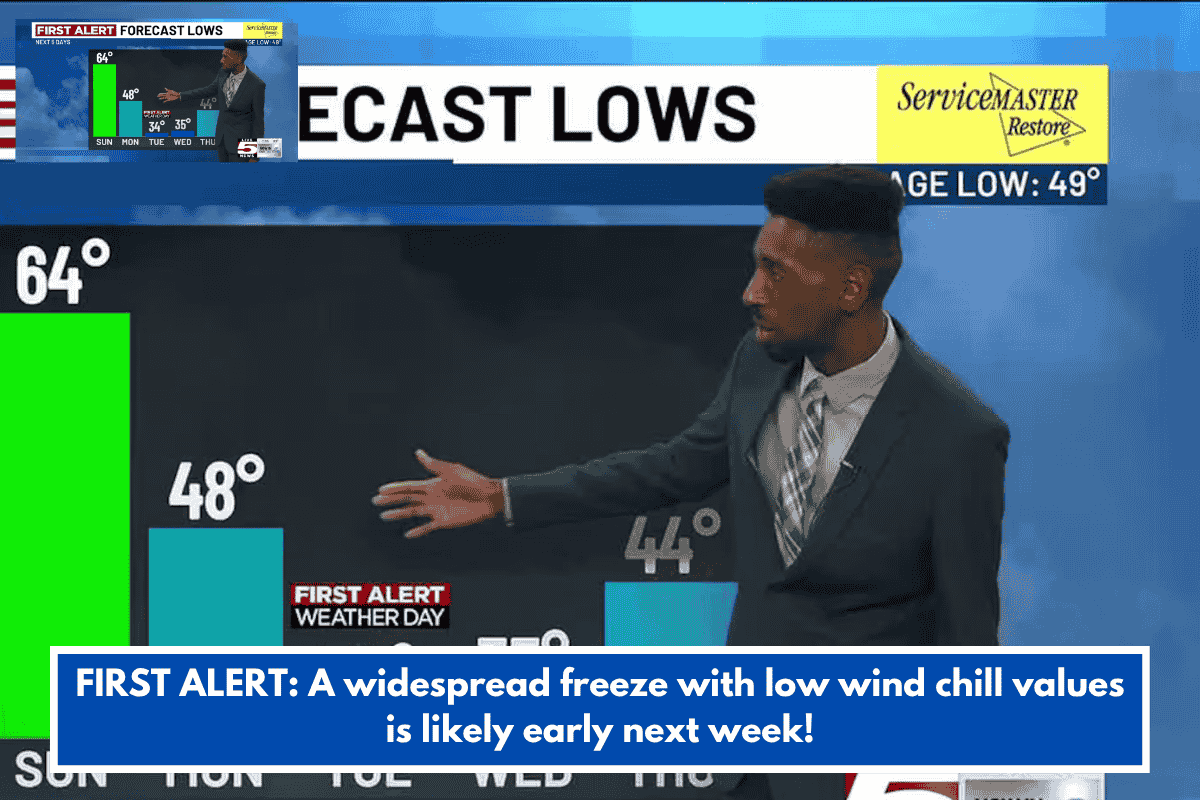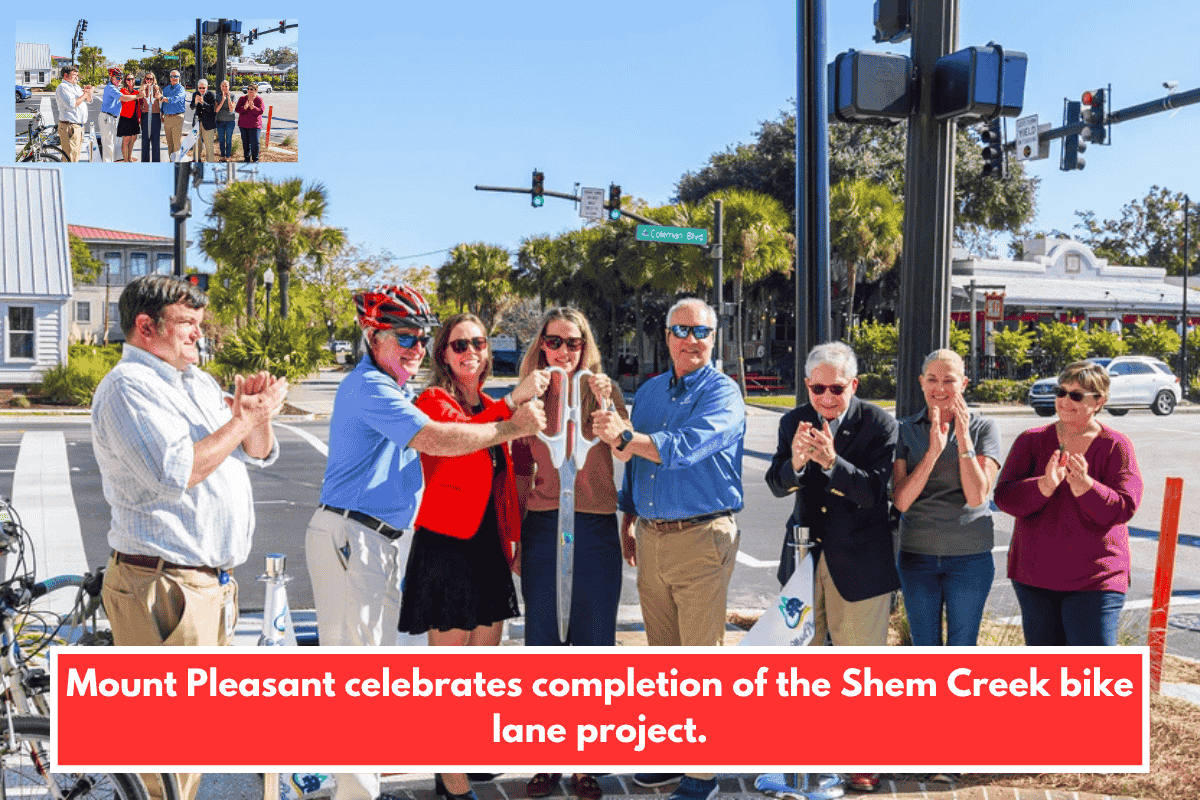Here are 8 of the best places to learn about Vermont’s Native American heritage, featuring museums, cultural centers, and exhibits that highlight the history and living traditions of the Abenaki and other Indigenous peoples of the region:
Vermont Indigenous Heritage Center (Burlington)
Located at the Ethan Allen Homestead, this center offers exhibits on Abenaki tools, clothing, art, and the continuous presence of Native people in Vermont throughout history. It serves to break stereotypes and promote understanding of Vermont’s diverse Indigenous past.
Ethan Allen Homestead Museum (Burlington)
The Homestead features outdoor and indoor Abenaki cultural facilities, including a recreated Abenaki village and extensive cultural programs, providing hands-on learning and insight into Abenaki life and history.
Shelburne Museum & Perry Center for Native American Art (Shelburne)
Shelburne Museum’s new Perry Center for Native American Art will feature over 500 Indigenous items from 389 Tribal Nations—including Abenaki—developed in close collaboration with local and national Native communities for accurate cultural representation.
Vermont Abenaki Artists Association Exhibits
The Vermont Abenaki Artists Association curates traveling exhibits and museum collaborations that highlight Abenaki art, heritage, and history across Vermont, often partnering with other institutions for special events and displays.
Fleming Museum of Art (Burlington)
The University of Vermont’s Fleming Museum houses significant collections of archaeological and anthropological artifacts, including many related to Vermont Indigenous cultures, and regularly features Native American exhibitions.
Lake Champlain Maritime Museum (Vergennes)
This museum explores Indigenous maritime history, showcasing tools, artifacts, and exhibits on Native peoples’ relationship with Lake Champlain and its resources.
Vermont Folklife Center (Middlebury)
Known for cultural documentation and oral history projects, the Folklife Center features Indigenous stories, traditions, and contemporary issues through interviews, archives, and occasional exhibitions.
Billings Farm & Museum (Woodstock)
While focused primarily on Vermont’s agricultural past, this museum incorporates the deeper context of Abenaki land stewardship and early Indigenous influence on local farming traditions.
These destinations offer immersive and respectful opportunities to connect with Vermont’s Native American heritage through artifacts, stories, art, and cultural programming
SOURCES
(https://www.vermontpublic.org/vpr-news/2021-06-04/vt-indigenous-heritage-center-aims-to-break-stereotypes-with-expanded-exhibit)
(https://vermontvacation.com/things-to-do/art-culture/museums/)(https://ethanallenhomestead.org/history/abenaki-heritage/)
(https://en.wikipedia.org/wiki/Shelburne_Museum)
(https://shelburnemuseum.org/about/perry-center-for-native-american-art/)

